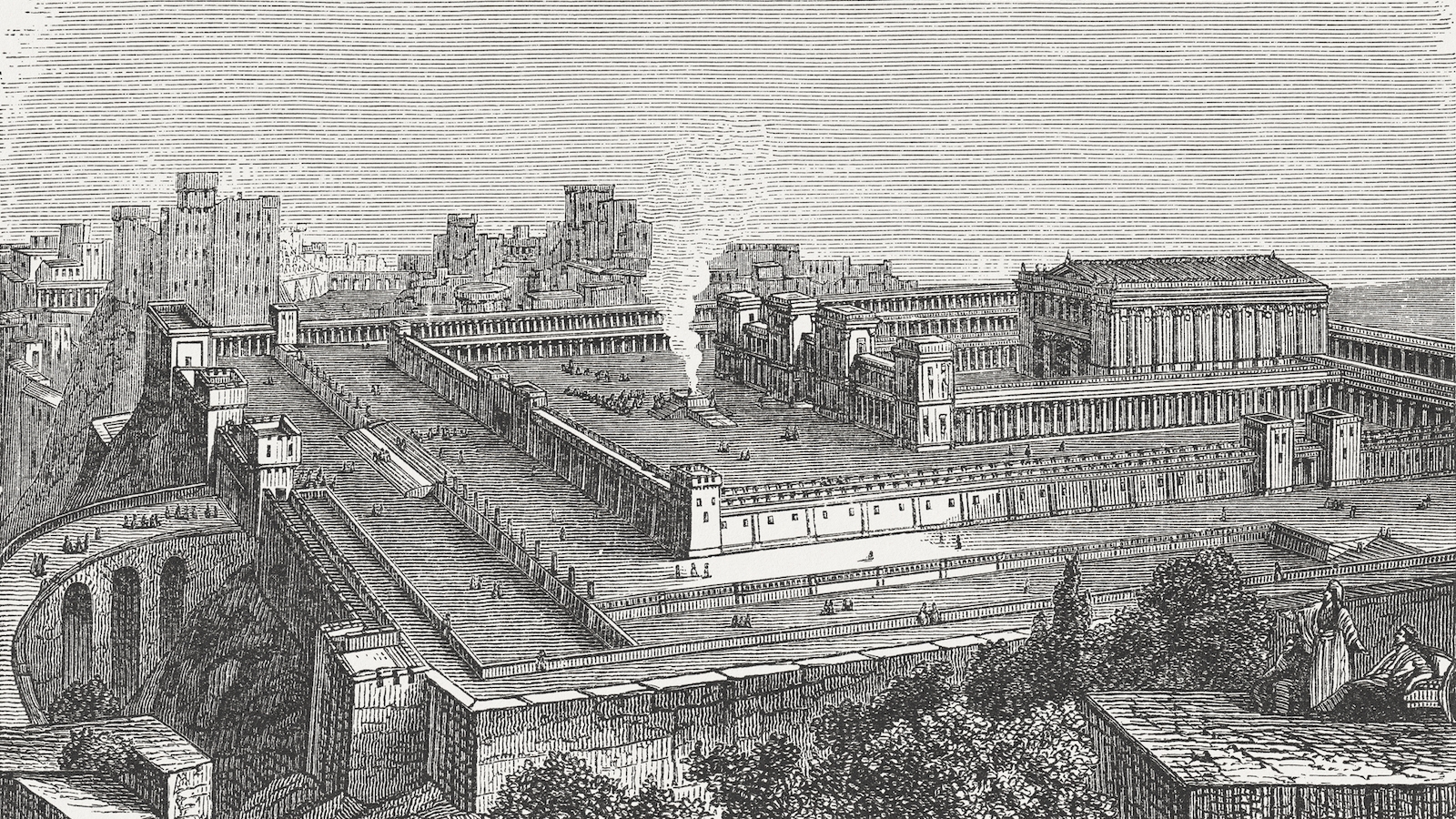Commentary on Parashat Achrei Mot, Leviticus 16:1-18:30
The Ashkenazi custom is to read Ezekiel 22:1-19. The Sephardic custom is to read Ezekiel 22:1-16.
The haftarah for Parashat Achrei Mot is mostly a list of offenses committed by people in what Ezekiel calls the “city of bloodshed” (22:1), or Jerusalem. The list of crimes is so heinous that the word “blood” appears seven times.
The people of Jerusalem are guilty of killing innocent people. They have oppressed the downtrodden: strangers, orphans, and widows. Children have humiliated their own parents. Sexual impropriety is rampant–the people have engaged in adultery and incest, and have slept with menstruating women (niddot). Worst of all, God concludes, “You have forgotten Me” (22:12).
God will not let these deeds go unpunished, Ezekiel promises. He reports on God’s plans: “I will disperse you through the lands; I will consume the uncleanness out of you. You shall be dishonored in the sight of nations, and you shall know that I am the Lord” (22:15-16).
With your help, My Jewish Learning can provide endless opportunities for learning, connection and discovery.
Ashkenazic congregations read three verses at the end of the haftarah which end with God’s words: “I will gather you into Jerusalem” (22:19). Presumably, these verses are included so the haftarah ends on a positive note. However, in the verses that follow (not included in the haftarah), it becomes evident that God’s plans for gathering the people into Jerusalem are in order to punish them: “I will gather you and I will blow upon you the fire of My fury and you shall be melted in it” (22:21). This harsh continuation of the prophecy seems to have not bothered those who selected which verses would conclude the haftarah.
Connection to Parashat Achrei Mot
In Achrei Mot, we read about forbidden sexual relations and learn that Israelite men are not allowed to have sex with various family members, with menstruating women, or with women who are married to other men.
In the haftarah for Ahare Mot, we discover that the people of Jerusalem fall prey to precisely these prohibitions: “They have uncovered their fathers’ nakedness, they have ravished women during their impurity. They have committed abhorrent acts with other men’s wives; in their depravity they have defiled their own daughters-in-law, they have ravished their own sisters” (22:10-11). The regulations for holy living described in the parashah are precisely inverted in its haftarah.
Sephardic
Pronounced: seh-FAR-dik, Origin: Hebrew, describing Jews descending from the Jews of Spain.
Haftarah
Pronounced: hahf-TOErah or hahf-TOE-ruh, Origin: Hebrew, a selection from one of the biblical books of the Prophets that is read in synagogue immediately following the Torah reading.



